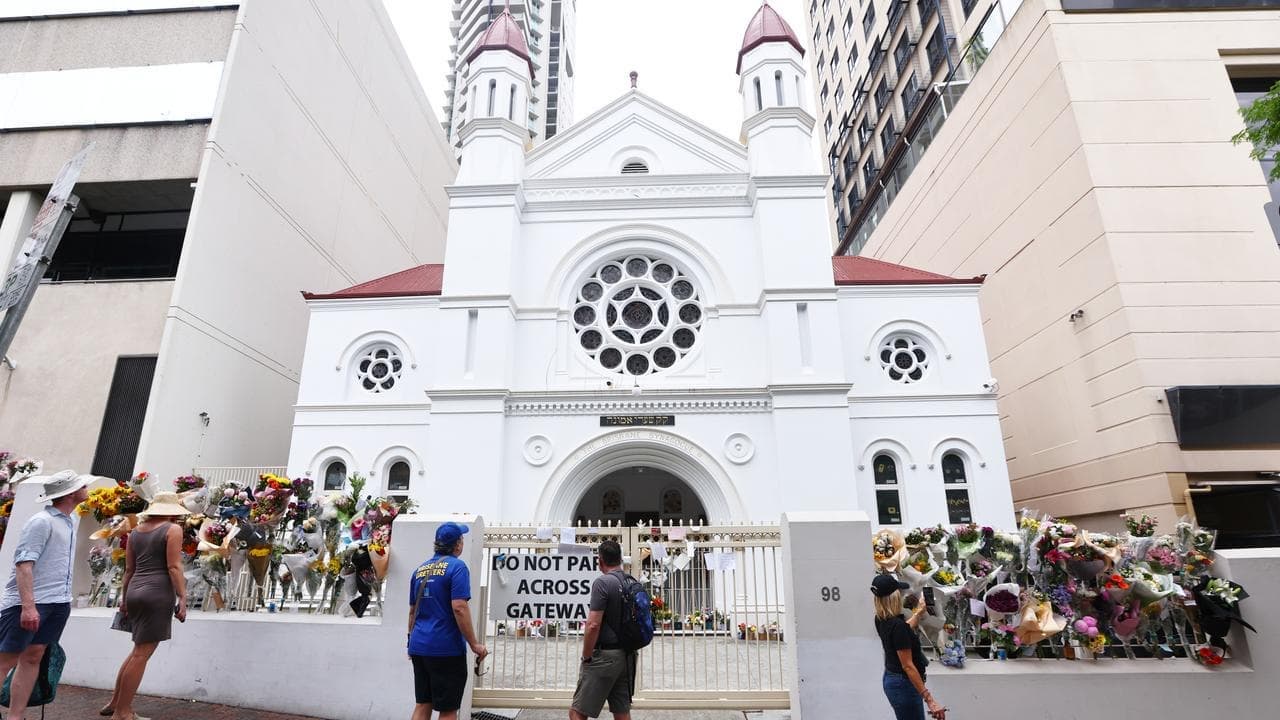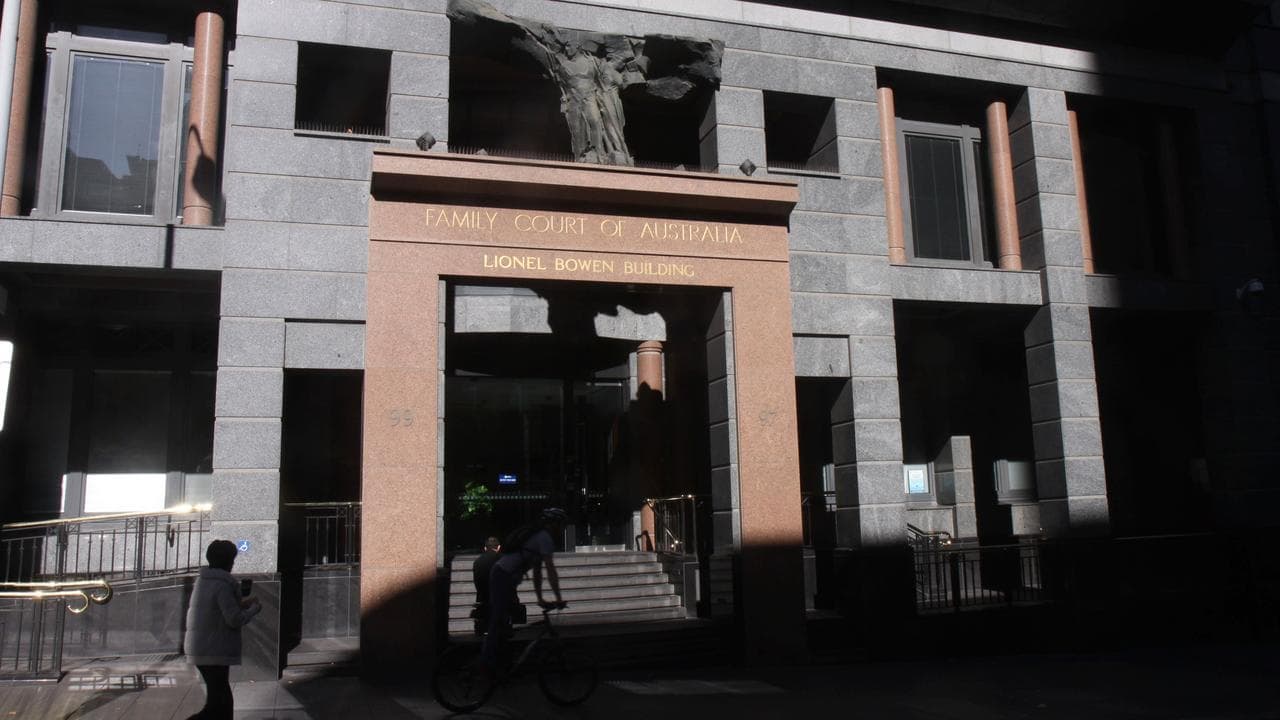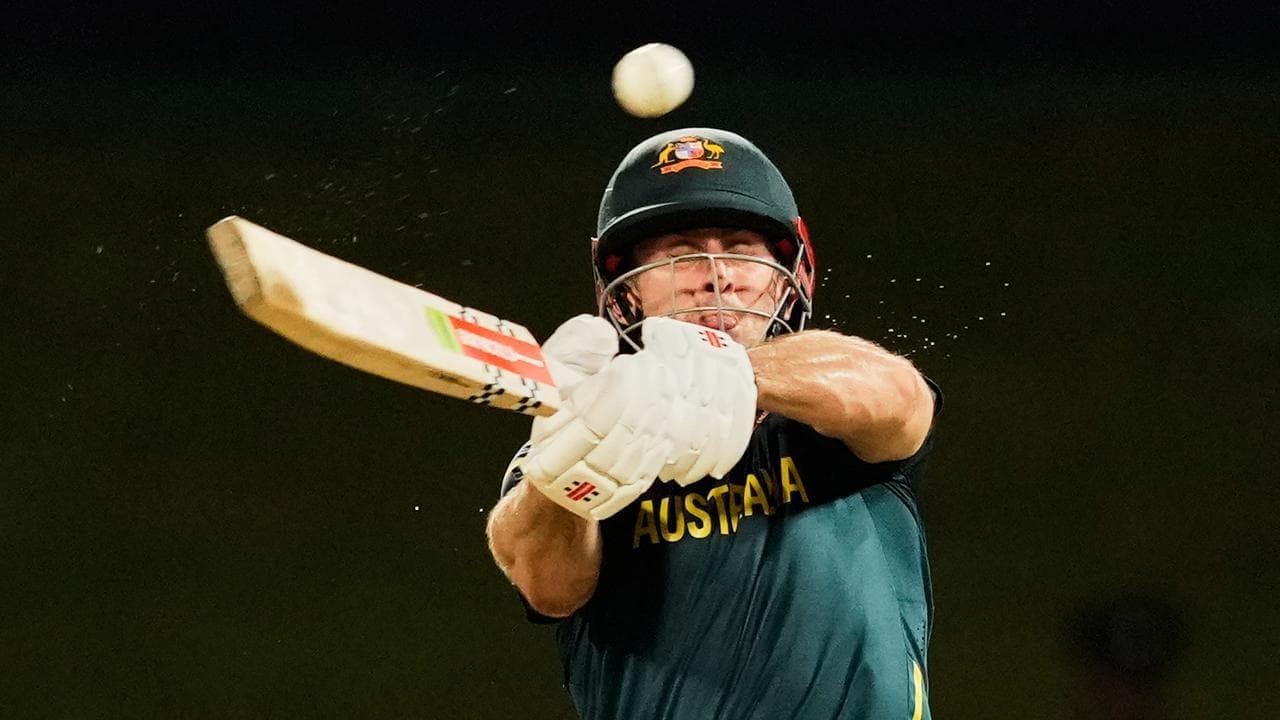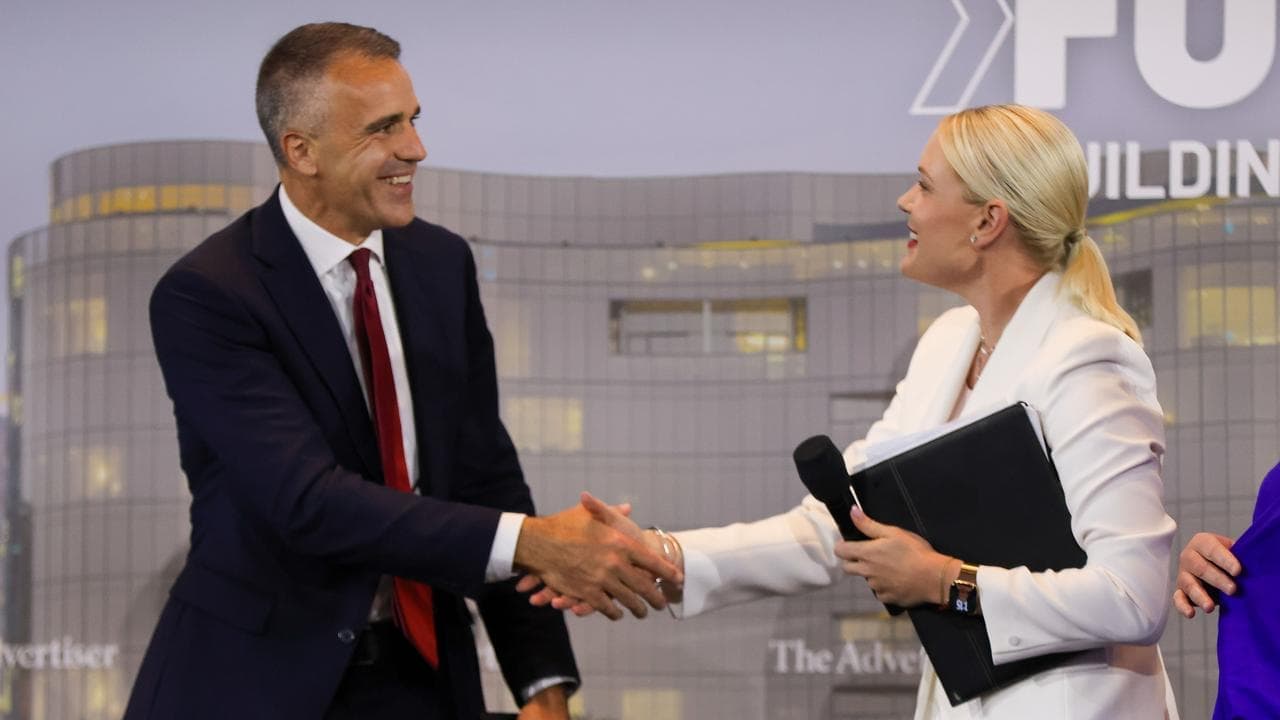WHAT WAS CLAIMED
Medicare rebates were frozen when Peter Dutton was health minister in the Abbott coalition government.
OUR VERDICT
Misleading. The coalition froze Medicare rebates between 2013 and 2020 but the freeze was initiated by the Rudd/Gillard Labor government in 2013.
Prime Minister Anthony Albanese has deflected calls for Labor to increase bulk-billing subsidies for GPs by claiming Medicare rebates were frozen by the previous coalition government when Peter Dutton was health minister.
The claim is misleading because it omits to mention that the rebate freeze was initiated by Julia Gillard's Labor government in May 2013. The coalition continued and then extended the freeze after it won government in September 2013.
Mr Albanese made the claim during an ABC Melbourne radio interview on August 5.
In response to a question about whether the government will increase Medicare rebates for GPs, the prime minister said: "We have a comprehensive plan for GPs including ways to support bulk billing … The rebate was frozen when Peter Dutton was the health minister so many years ago and has stayed at the same rate."
The radio discussion referred to concerns from doctors' groups that rising operational costs have made bulk billing unsustainable for many GP practices.
GPs who bulk-bill are directly reimbursed a set fee by the government. GPs who don't bulk-bill are free to set their own prices, with patients required to cover any difference between the cost of the treatment and the Medicare rebate.
The rebate value of all eligible healthcare services is listed in the Medicare Benefits Schedule (MBS).
Medicare rebates have generally risen in line with the Department of Finance's Wage Cost Index (WCI-5), which is a combination of a wage index and the Consumer Price Index (CPI).
However, in the 2013/14 budget the Labor government announced a temporary pause on the indexation of MBS fees until July 1, 2014 (page 177).
According to the budget papers, the pause was intended to shift the annual indexation date back from November 1 to July 1 each year to align MBS fee rises with financial years.
Pushing the November 2013 MBS indexation back to July 2014 would also save $664.4 million over four years, the papers said.
The coalition won power in September 2013 and Mr Dutton was installed as health minister. The new government chose not to overturn Labor's planned indexation freeze, with Mr Dutton claiming at the time that poor economic conditions meant it was "difficult to unwind these sort of measures".

The following year, the coalition government extended the freeze to July 2016 but reinstated indexation for GP services (page 139).
In December 2014, Mr Abbott and Mr Dutton announced a new four-year indexation freeze that also included GP services. The new freeze was initially scheduled to run until July 2018 then extended in subsequent budgets to July 2020.
In 2017 (page 14), the coalition announced a phased lifting of the freeze, beginning with a return to indexation for bulk-billed GP visits from July that year.
The prime minister's claim that the rebate was frozen when Mr Dutton was health minister is technically correct but misleading, given the freeze was initiated by the Rudd/Gillard Labor government.
Professor Helen Dickinson, a professor of public service research at UNSW Canberra who wrote a 2019 article about Medicare rebate indexation, said Mr Albanese's claim did not tell the full story.
"The initial temporary freeze was made when Labor were in government and this was intended to run from November 2013 to July 2014. So I don't think it is accurate to say that the freeze began under Peter Dutton," Prof Dickinson told AAP FactCheck in an email.
"The coalition were not under any obligation to continue the freeze but they did identify that health expenditure had grown significantly.
"At the time, they proposed a number of potential reforms to health policy (such as the ill-fated co-payment plan for GP services and pathology and imaging services amongst others). In my view, the failure to pass any of these other reforms meant that the government decided to stick with the freeze as a way of controlling expenditure."
The Verdict
It is true to say the coalition froze the value of Medicare rebates between 2013 and 2020. However, the freeze was initiated by the Gillard Labor government in May 2013. Labor's temporary freeze was retained and then extended by the coalition after it won power in September 2013.
Misleading – The claim is accurate in parts but information has also been presented incorrectly, out of context or omitted.
AAP FactCheck is an accredited member of the International Fact-Checking Network. To keep up with our latest fact checks, follow us on Facebook, Twitter and Instagram.












